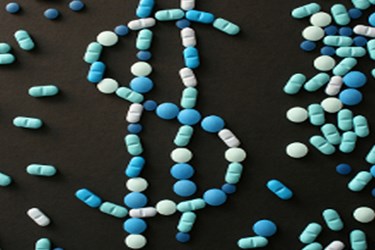FDA Awards $19M To 15 Orphan Drug Projects

The U.S. Food and Drug Administration (FDA) has given over $19 million in grants to encourage the development of drugs, biologics, and medical devices that address rare diseases. At least a quarter of the funds were allocated towards supporting projects that target pediatrics.
The FDA’s Orphan Products Grants Program, which was born through the 1983 Orphan Drug Act, will facilitate the project. The program has since awarded more than $330 million in support of over 530 clinical studies for rare diseases. These studies ultimately culminated in the approval of over 50 products.
A rare disease or condition is designated orphan status if it occurs in fewer than 200,000 people in the U.S. To date, the National Institutes of Health has recorded an estimated 7,000 rare diseases and conditions. Almost 30 million patients in the U.S. suffer from at least one orphan disease.
Gayatri R. Rao, director of the FDA’s Office of Orphan Product Development, said, “The FDA is in a unique position to help those who suffer from rare diseases by offering several important incentives to promote the development of products for rare diseases, one of which is this grants program. The grants awarded this year support much-needed research in difficult-to-treat diseases that have little, or no, available treatment options.” Last year, the regulatory administration awarded over $14 million to 15 recipients to support the development of therapies for rare diseases.
Some of this year’s grantees include:
- Denise Adams of the Cincinnati Children's Hospital Medical Center ($1.6 million over 4 years) - Phase 2 Study of Vincristine vs. Sirolimus for the Treatment of High Risk Kaposiform Hemangioendothelioma
- Mitesh Borad of Mayo Clinic Arizona (around $600,000 over 3 years) - Phase 1 Study of VSV-hIFN-B for the Treatment of Hepatocellular Carcinoma
- Andrew Brenner of the University of Texas Health Center San Antonio (around $1.6 million over 4 years) - Phase 2 Study of TH-302 for the Treatment of Glioblastoma
- Kelly Dooley of The Johns Hopkins University ($1.6 million over 4 years) - Phase 2 Study of PA-824 for the Treatment of Pulmonary Tuberculosis
- Donald Durden of the University of California San Diego ($1.6 million over 4 years) - Phase 2 Study of Poly-ICLC for the Treatment of Pediatric Low Grade Gliomas
The full list of the 2014 recipients can be found here.
